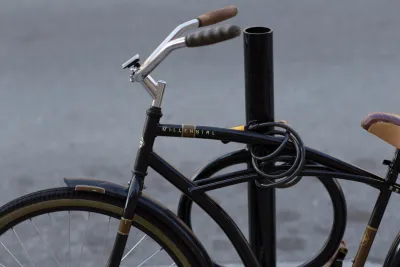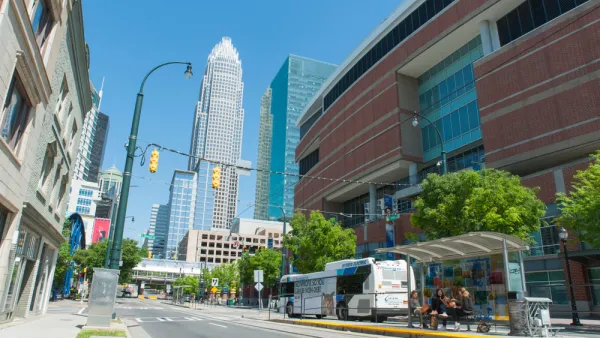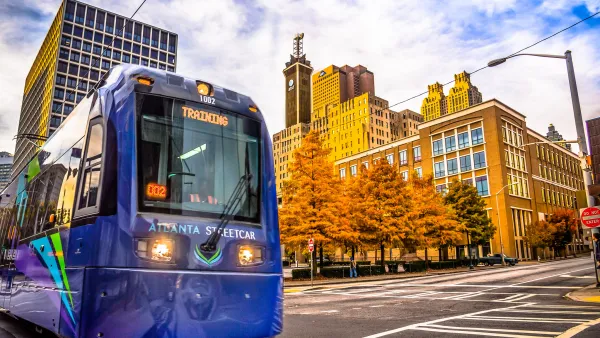It's no secret that Millennials will use alternate modes when they're available and accessible. It's also no secret that adapting streets to those modes—and using them—can be a bargain.

Federal transportation funding is scarce, and localities are making up the difference. "With no long-term solution in place -- or even in sight -- for the sputtering federal Highway Trust Fund, state and local governments are significantly increasing their own transportation spending."
According to a report prepared by Deloitte University Press, "By supporting alternative approaches such as car-, ride- and bike-sharing, jurisdictions can greatly improve mobility for residents without the need to spend billions of dollars on new roads, bridges and tunnels."
Millennials have proven quite open to these changes: "people in the 18-to-34 age group are more likely than those of other generations to choose the most practical transportation mode -- whether it's driving, public transit, biking or walking -- for each trip and that this flexible concept of mobility is spreading." It's also worth noting that out of car-sharing, bike-sharing, walking, and car ownership, "public transportation is ranked among millennials as the best mode to connect to all other modes."
In denser urban areas where it makes more sense, the car-free option is gaining traction as an economical choice. "[Young people] are more likely to cite the need to save money and avoid traffic, as well as environmental considerations, as motivations for their transportation choices and routines."
FULL STORY: The Transportation Choices That Millennials Want

National Parks Layoffs Will Cause Communities to Lose Billions
Thousands of essential park workers were laid off this week, just before the busy spring break season.

Retro-silient?: America’s First “Eco-burb,” The Woodlands Turns 50
A master-planned community north of Houston offers lessons on green infrastructure and resilient design, but falls short of its founder’s lofty affordability and walkability goals.

Delivering for America Plan Will Downgrade Mail Service in at Least 49.5 Percent of Zip Codes
Republican and Democrat lawmakers criticize the plan for its disproportionate negative impact on rural communities.

Test News Post 1
This is a summary

Test News Headline 46
Test for the image on the front page.

Balancing Bombs and Butterflies: How the National Guard Protects a Rare Species
The National Guard at Fort Indiantown Gap uses GIS technology and land management strategies to balance military training with conservation efforts, ensuring the survival of the rare eastern regal fritillary butterfly.
Urban Design for Planners 1: Software Tools
This six-course series explores essential urban design concepts using open source software and equips planners with the tools they need to participate fully in the urban design process.
Planning for Universal Design
Learn the tools for implementing Universal Design in planning regulations.
EMC Planning Group, Inc.
Planetizen
Planetizen
Mpact (formerly Rail~Volution)
Great Falls Development Authority, Inc.
HUDs Office of Policy Development and Research
NYU Wagner Graduate School of Public Service





























